Common Problems

When a person's teeth or jaws do not fit together properly, orthodontics may be needed to strengthen their teeth and promote ideal form and function. These problems, often called malocclusions - or bad bites - can cause speech difficulties, prematurely wear down teeth's enamel, and can even increase the chance of injury to teeth and jaw joints if left untreated.
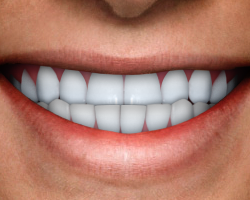
In an underbite, the lower jaw extends out, causing the lower front teeth to sit in front of the upper front teeth.
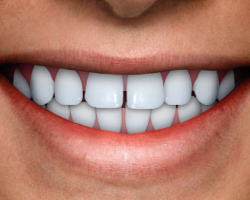
Spacing problems may be caused by missing or misaligned teeth, or they may only be a cosmetic issue.
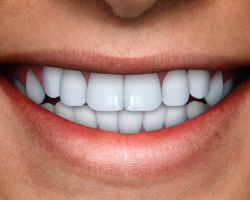
Upper front teeth protrusion is characterized by the upper teeth extending too far forward or the lower teeth not extending far enough forward.
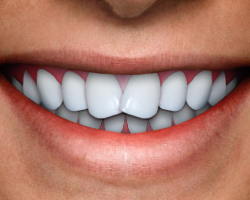
Crowding occurs when teeth have insufficient room to erupt from the gum. Palatal expansion can often correct crowding, thereby avoiding the extraction of teeth.
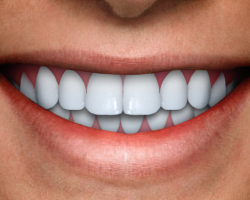
In an overbite, the upper front teeth extend out over the lower front teeth, sometimes causing the lower front teeth to bite into the roof of the mouth.
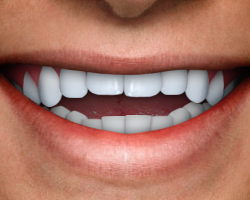
Proper chewing is impacted by an openbite, in which the upper and lower front teeth do not overlap. Openbites may be caused by habits such as thumb sucking or tongue thrusting.
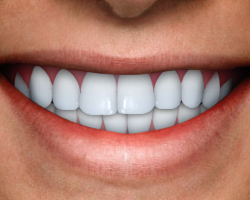
Mismatched dental midlines are evident when the center line of the upper teeth do not line up with the center line of the lower teeth. This may negatively impact proper dental and jaw function.



